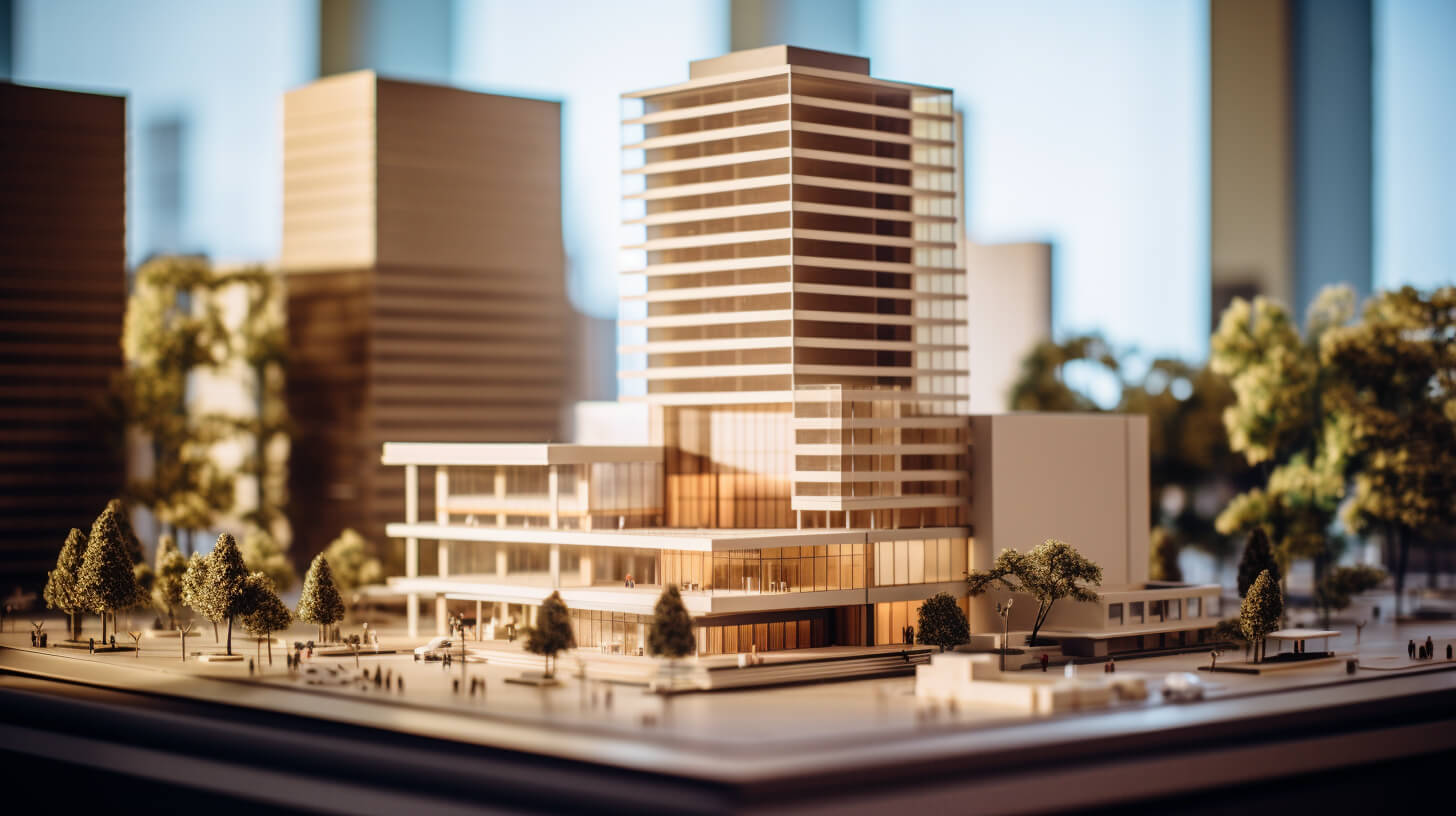Investing in or leasing a commercial property is a significant decision that can impact your business’s operations, finances, and growth. Whether you’re expanding your current operations, launching a new venture, or looking for investment opportunities, conducting thorough research is crucial to making an informed choice.
Here are some key factors to consider when researching commercial properties to ensure you find the right fit for your needs.
1. Location, Location, Location
The location of a commercial property is one of the most critical factors to consider. Ask yourself the following:
- Accessibility: Is the property easily accessible for customers, clients, and employees?
- Proximity to suppliers and partners: Is the property conveniently located near key vendors or business partners?
- Demographics: Does the area attract your target audience? For retail spaces, foot traffic is especially important.
A prime location can boost your business’s visibility, while a poorly chosen one could lead to lost opportunities.
2. Zoning and Permits
Before committing to a property, ensure it is zoned for your intended use. Zoning laws dictate how a property can be used (e.g., retail, office, industrial). Verify that the property complies with local regulations and that you can secure any necessary permits for renovations or operations.
3. Size and Layout
The property should meet your business’s current and future needs. Consider factors such as:
- Square footage: Is there enough space for your operations, employees, and equipment?
- Layout: Does the property’s design support your business activities? For instance, open floor plans might work for collaborative offices, while manufacturing requires dedicated sections.
- Scalability: Can the property accommodate your growth over the next 5–10 years?
4. Financial Considerations
Commercial properties are a significant investment, so it’s essential to evaluate your budget and long-term financial outlook. Take these into account:
- Purchase vs. lease: Decide whether buying or leasing aligns better with your financial goals and business plans.
- Hidden costs: Factor in expenses such as property taxes, insurance, maintenance, and utility costs.
- ROI potential: For investors, assess the property’s potential to generate income or appreciate in value over time.
5. Market Trends and Comparisons
Research the local commercial real estate market to understand trends and property values. Compare similar properties in the area to ensure you’re paying a fair price or lease rate.
Analyze the economic stability of the region, including factors like employment rates, population growth, and future development plans. A strong, growing market is more likely to support long-term success.
6. Infrastructure and Amenities
Evaluate the property’s infrastructure to ensure it meets your business needs. Key considerations include:
- Utilities: Does the property have adequate power, water, and HVAC systems?
- Technology: Is high-speed internet available? Are there facilities for data or telecom services?
- Parking: Is there sufficient parking for employees, customers, or delivery vehicles?
Amenities such as nearby restaurants, public transportation, or green spaces can also enhance the property’s appeal.
7. Condition of the Property
Before finalizing any decision, thoroughly inspect the property to assess its condition. Look for potential issues such as structural damage, outdated systems, or the need for significant renovations.
Hiring a professional inspector can help identify hidden problems and give you a clear picture of the property’s condition and future maintenance requirements.
8. Legal and Compliance Issues
Commercial properties are subject to various legal and regulatory requirements. Check for:
- Environmental compliance: Ensure the property adheres to environmental laws, especially if you’re planning industrial operations.
- Title and ownership history: Verify that the property has a clear title and no legal disputes.
- Lease agreements: If leasing, review the terms carefully to understand responsibilities, restrictions, and renewal options.
9. Future Growth and Development
Research the area’s future development plans to determine how they might impact your property. Nearby construction or infrastructure improvements could enhance the value of your property, while unfavorable developments could pose challenges.
10. Seek Professional Guidance
Finally, consider working with a commercial real estate professional. Brokers and advisors can provide valuable insights, access off-market opportunities, and negotiate on your behalf. Their expertise can save you time, money, and potential headaches throughout the process.
Conclusion
Researching commercial properties requires careful consideration of location, financial factors, zoning, market trends, and more. By taking the time to evaluate these aspects and seeking professional guidance, you can find a property that aligns with your business goals and positions you for success.
Ready to explore commercial properties that fit your needs? Contact Speed Commercial Real Estate at 601.987.0202 today to connect with our expert team and start your search with confidence.

